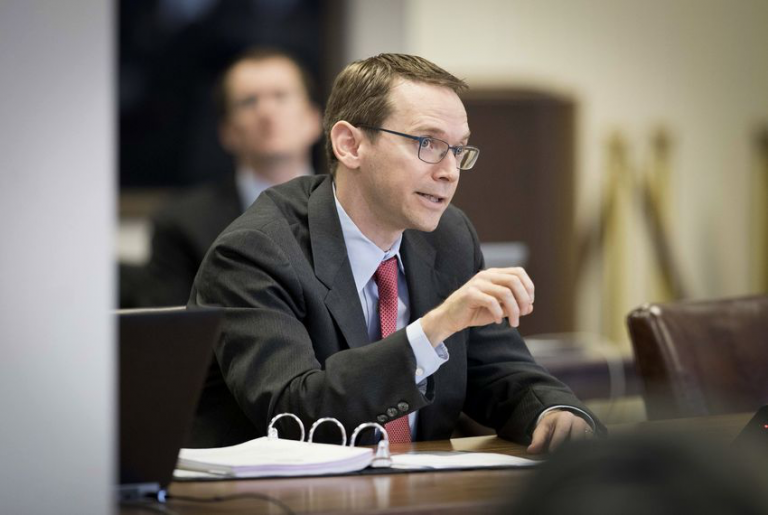THE FIX IS IN: Texas is preparing to tell the feds it can’t promise a Special Education fix until June 2020
Preparing to ask the federal government for $1 billion in special education grants, Texas education officials have indicated they do not expect to be able to adequately educate kids with disabilities until June 2020.
Texas is in the middle of a federally mandated overhaul of special education after a federal investigation found the state had for years been effectively denying students with disabilities the tools and services they needed in order to learn. Last May, state education officials submitted an application for federal funding saying they would comply with all federal requirements by this January, a timeline that appears to have been extended by a year and a half.
State education officials say they have completed their special education overhaul and are waiting for the federal government to clear them.
“TEA has met all its commitments made in the corrective action plan and has initiated a five-year strategic plan to not only meet compliance with federal requirements, but to significantly improve the standard of service to students with disabilities across Texas,” said spokesperson DeEtta Culbertson late Wednesday.

Before the state formally applies for an annual special education grant from the U.S. Department of Education, it must post the application on its website for two months and allow the public to comment.
The TEA indicated in the application that it could not ensure all students with disabilities get an adequate public education, that students are properly identified for needed special education services or that school districts are being monitored — until June 30, 2020.
That has angered disability rights advocates, who used what should have been a perfunctory public hearing Wednesday afternoon to air their grievances against the state for its repeated failure to overhaul special education.
Educators “cannot say that we’ll delay for another 18 months providing” free, appropriate public education, Kristin McGuire, who represents the Texas Council of Administrators of Special Education, told a panel of TEA special education employees. “I implore the agency to set out guidance as quickly as possible and to partner with districts … to make sure we’re providing what we need to for our kids.”
News of the delay comes not long after a commission tasked with reforming the state’s school finance system failed to include recommendations to help students with disabilities. Instead, the commission — which included several lawmakers — decided to wait until state education officials could fully implement promised changes to its special education program.
In 2017, lawmakers forbade the TEA from capping the percentage of students receiving special education at 8.5 percent. That percentage has since risen to 9.1 percent — thousands more students.
The federal government has repeatedly reprimanded Texas for violating special education law, most recently last year for decreasing spending for kids with disabilities — which a New Orleans federal appeals court ruled was in violation of federal statute. That ruling will cost Texas $33 million in federal grant money, about 3 percent of its total annual special education grant.
A federal judge wrote in the unanimous opinion that Texas’ system for funding special education “creates a perverse incentive for a state to escape its financial obligations merely by minimizing the special education needs of it students.”
Advocates also expressed concern Wednesday that the TEA’s recent grant application did not address this loss of funding.
TEA officials have said they’re building infrastructure to hold school districts accountable for not providing students with disabilities with the appropriate tools or classes they need in order to learn, and to find the thousands of students who have been left out of those services in the past. They changed the structure of their departments overseeing special education, hired a special education director last August after the position had been empty for nine months and are in the process of soliciting applications for more than $20 million in grants to help school districts overhaul their programsS




